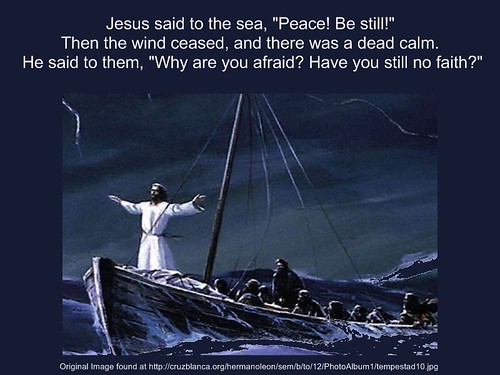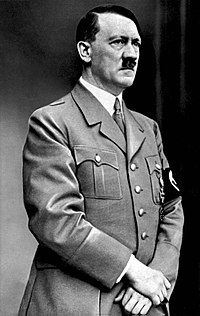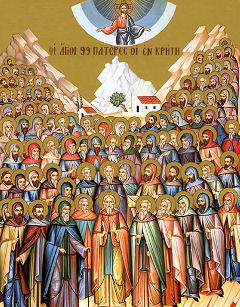The existence of stigmata is so well established that it is no longer doubted, even by unbelievers. The only issue under contention is the origin of this mysterious phenomenon.
Are stigmata caused by natural means: a deep faith coupled with a lively imagination acting on the human body by some, as yet unknown, physiological process? Or are stigmata supernatural in origin, granted to devout individuals to bear witness to the validity of their faith?
The answer is still under debate. There are proponents and sceptics on both sides of the argument.
Stigmata, within the context of Christianity, resemble the wounds Christ suffered before and during his crucifixion, circa 33 AD. They appear spontaneously on a human body, usually on the hands, feet, the back, the forehead and the side. These are called visible stigmata and they cause intense pain and suffering.
Other stigmatics have the only the suffering, without any visible marks. These are termed invisible stigmata. St. Catherine of Sienna (1347-1380) at first received the marks of Christ's suffering, but she, because of humility, asked to have to visible signs removed. Her prayer was answered, although she continued to suffer the physical distress.
The sufferings are considered by the Church to be the essential part of the stigmata. They are accompanied by a pity for Christ, participation in his sorrows and sufferings, and a desire to compensate in part for the continual sins being committed throughout the world.
St. Paul himself may have been the first stigmatic. "I bear on my body the marks of Jesus." Gal. 6:17
St. Francis of Assisi ( 1181-1226 ) was the first recorded case in Church history. His stigmata were unique in that they were outgrowths of flesh on his hands and feet in the shape of nails. They were observed by his brother monks and attested to by a number of historians.
Therese Neumann (1898-1962) was a modern-day stigmatic who lived in Bavaria, Germany. After a series of accidents, she became blind, paralysed and suffered from convulsions. She was cured through the intercession of St. Therese of Lisieux, to whom she had special devotion.
In 1926, she had a vision of Jesus, and received the stigmata. Her wounds would bleed every Friday, the day Jesus was crucified, and were especially painful during Lent. From Christmas, 1926, until her death in 1962, Therese Neumann neither ate nor drank anything, except for receiving daily Holy Communion.
Another twentieth century stigmatic was Padre Pio of Italy (1887-1968). He was kneeling in front of a large crucifix one day in 1918, when he received the visible marks of the crucifixion on his body. He was the first stigmatized priest in the Church's history. His wounds remained open and bleeding for 50 years. After he died, the wounds disappeared and there was no sign of scarring. He was canonized in June, 2002, by Pope John Paul II.
There are three special circumstances the Church looks for when investigating stigmata events in the lives of saints:
* The wounds cannot be cured by medical means.
* They do not give off a foul or fetid odor, as do other long-lasting wounds
* Sometimes the wounds of stigmatics give off an odor of perfume.
The Church realizes the possibility of conscious or unconscious cases of fraud in the cases of stigmata it investigates. Perhaps those who enter deep trances or states of religious ecstasy could trigger a mind-body link capable of producing stigmata. Modern psychology just has not progressed far enough yet to give a definitive answer.
Therese Neumann had a comment for those who tried to explain stigmata scientifically: "Imagine you would be an ox, would you grow horns as a result?".
She believed, as do many others, that the correct answer to the phenomenon is probably the most obvious: stigmata are supernatural in origin, granted to devout individuals to bear witness to the validity of their faith.
Heaven knows, in the secular, materially-oriented society in which we live, we need every sign we can ascertain, of a transcendent, supernatural Presence among us.














